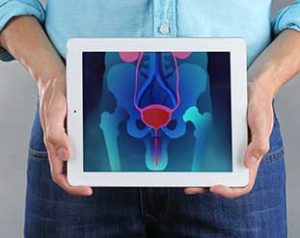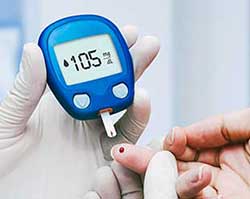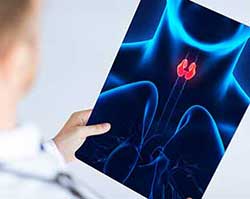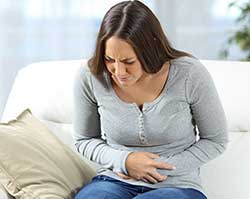Consult City's Top Doctors, The Minute You Need To
First Consultation starting
@ ₹249 ₹499
7809
Gynecologists
622212
Cases done
by Gynecologists
1840
Hospitals
Polymenorrhea may interfere with your Fertility
About:
Polymenorrhea is a medical term used to describe a shorter than usual menstrual cycle, generally shorter than 21 days.
Irregular, painful, or heavy bleeding affects up to 14% of women of childbearing age.[1]
-Self Diagnosable
-Self Treatable
-Clinical Diagnosis may be required
-Medium term - Resolves within a month
It can also affect fertility since ovulation can be sooner than expected.
Symptoms:
If you find your periods to be highly irregular or recurring at short durations in intervals of less than 21 days you may have polymenorrhea.
Self-care:
- Polymenorrhea symptoms can reduce significantly by maintaining a healthy lifestyle and being in a state of mental well being.
- Eat healthy food and learn stress management techniques to avoid stress. Eat nutrient rich food to avoid any nutrient deficiency.
Treatments:
- Infections/STDs Diseases like Chlamydia and Gonorrhoea can cause Polymenorrhea, however, they are accompanied by other systems like vaginal discharge, stomach pain, itching etc. They can be treated effectively by antibiotics. However, it's important to address them on time to avoid complications
- Endometriosis is a condition in which cells around the uterus are found in ovaries, fallopian tube etc. It can be treated with medications/surgery.
- Other causes may include Menopause, malnutrition, chronic inflammation and hyperactivity of pituitary gland and in very rare cases, may be signs of cancer which may require further diagnosis.
Specialists:
Though it can be self-treated, it is best to consult your doctor to identify other causes of the same, these causes may require medical attention. Feel free to consult our team of doctors at mfine to get the right advice, always.
Other Specialities
Give a missed call to 08061914343 to Download the App
































